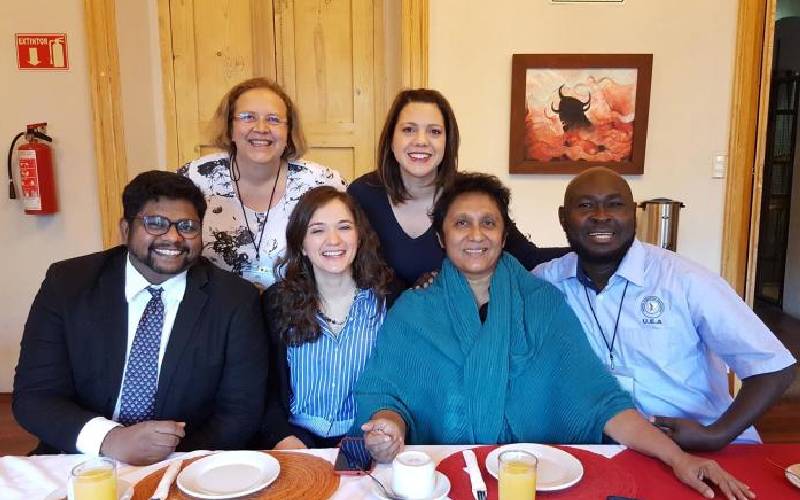×
The Standard e-Paper
Kenya’s Boldest Voice

Dr Awuor Ponge (right) with Gender and Evaluation greats at EvalGender+ and EvalYouth during the IDEAS Conference in Guanajuato, Mexico. [Courtesy, Standard]
Today is my golden anniversary and I have to go back to my roots to celebrate this special day. I will share the memories of my childhood that shaped my future.